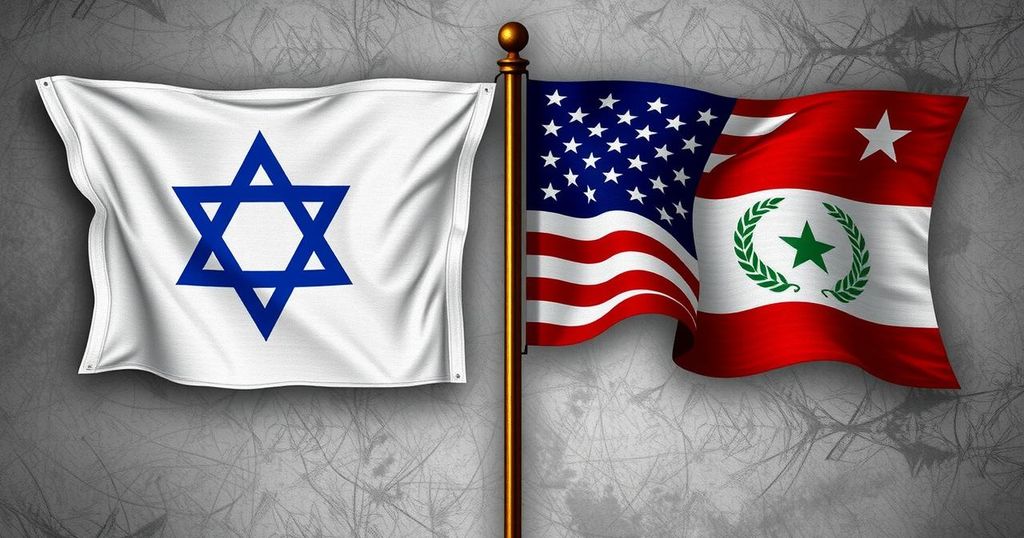Turkey and Saudi Arabia’s involvement in Syria’s reconstruction is reshaping U.S.-Israel relations, potentially diminishing Israel’s exclusive standing as an ally. As President Trump pushes for a quieter Middle East, the emergence of an anti-Iranian coalition could influence normalization efforts with Saudi Arabia, impacting Israel’s strategic position.
The evolving geopolitical landscape in Syria is significantly influenced by the actions of Turkey and Saudi Arabia, who are stepping up their roles in the country’s reconstruction. This trend appears to call into question Israel’s traditionally privileged position as a U.S. ally in the region. Under President Trump’s leadership, the quest for a more harmonious Middle East is becoming evident, implying that the United States may increasingly support a coalition aimed at countering Iranian influence, potentially at the expense of Israel’s interests. As diplomatic normalization efforts between the U.S. and Riyadh advance, Israel may find its unique status compromised due to these shifting alliances.
The dynamics of Middle Eastern politics have been in flux, particularly with the rise of an anti-Iranian coalition spearheaded by Turkey and Saudi Arabia. The reconstruction of Syria could foster stronger ties among these nations, which traditionally compete with Iranian influence. As the Trump administration prepares to address international relations, its approach may favor efforts that unite regional powers against common challenges, inadvertently sidelining Israel, an established U.S. ally.
In summary, the burgeoning collaboration between Turkey and Saudi Arabia in Syria signifies a potential shift in U.S. foreign policy dynamics in the Middle East. Israel’s longstanding role as a primary ally could be jeopardized as new partnerships evolve, particularly in response to Iranian actions. This changing landscape necessitates a strategic reassessment by Israel to maintain its influence and security in a redefined regional order.
Original Source: www.haaretz.com






